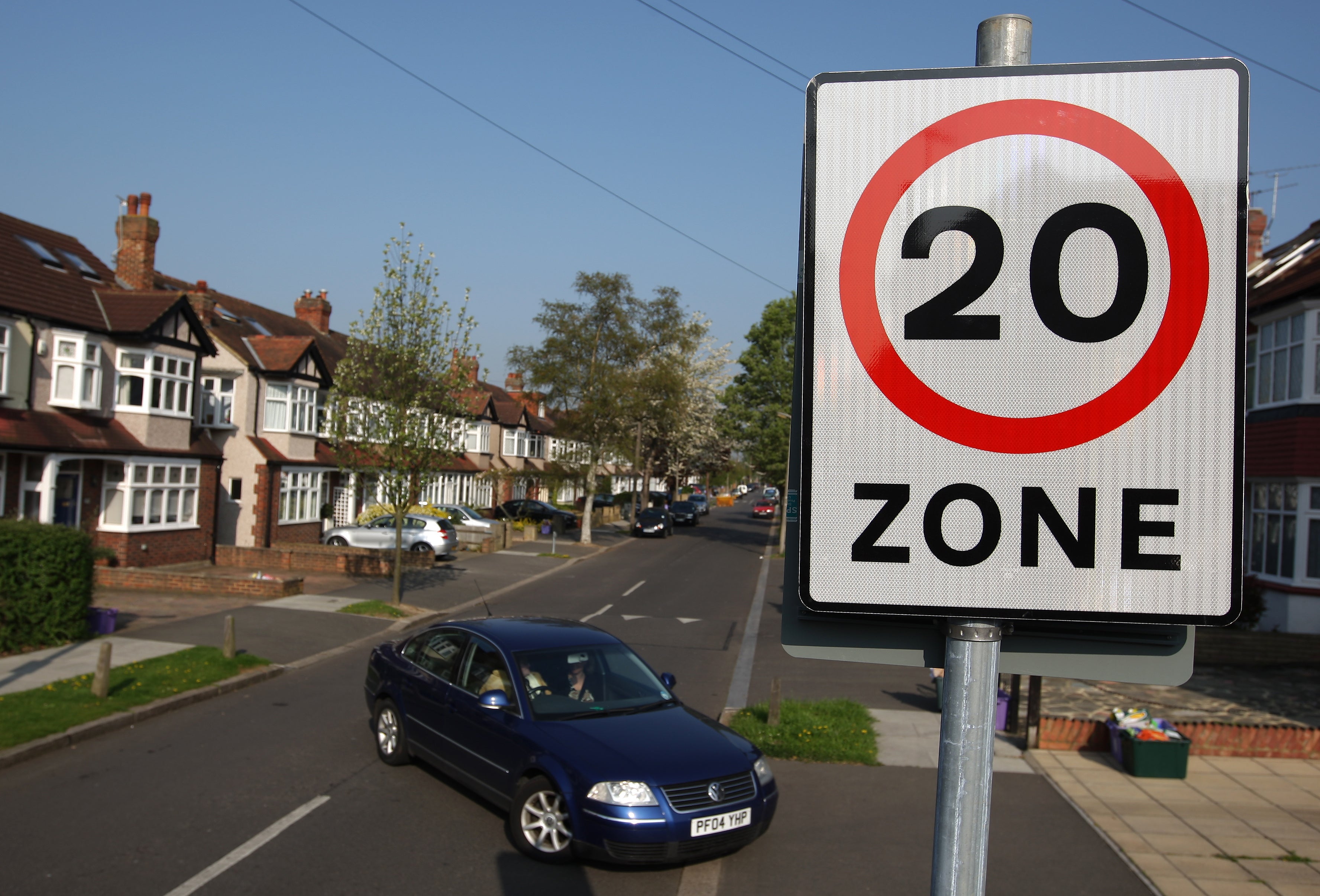Speed limiters: What are they and what is the new law concerning them?
Revised rules on mobile phones, Low Emission Zones and goods transportation also coming into play

Your support helps us to tell the story
From reproductive rights to climate change to Big Tech, The Independent is on the ground when the story is developing. Whether it's investigating the financials of Elon Musk's pro-Trump PAC or producing our latest documentary, 'The A Word', which shines a light on the American women fighting for reproductive rights, we know how important it is to parse out the facts from the messaging.
At such a critical moment in US history, we need reporters on the ground. Your donation allows us to keep sending journalists to speak to both sides of the story.
The Independent is trusted by Americans across the entire political spectrum. And unlike many other quality news outlets, we choose not to lock Americans out of our reporting and analysis with paywalls. We believe quality journalism should be available to everyone, paid for by those who can afford it.
Your support makes all the difference.A number of new driving laws intended to make Britain’s roads safer for pedestrians and cyclists are coming into effect this September.
It is now illegal for drivers to use their mobile phones behind the wheel in any way, closing a loophole that previously made an exception for uses other than “interactive communications” such as streaming music, which makes incurring a £200 fine and six penalty points a possibility for those found to be in breach.
New fines for polluting vehicles entering Low Emission Zones in city centres without paying are also coming into play, with such zones already in operation in places such as London, Birmingham and Brighton, soon set to be joined by other towns over the next few years, including Edinburgh, Dundee and Aberdeen.
Changes are also being made to the rules for those transporting goods or people to the EU, Iceland, Liechtenstein, Norway and Switzerland, requiring drivers to have a special licence before departing.
The final alteration to the law concerns the installation of mandatory speed limiters in new vehicles.
The EU ruled on 6 July 2022 that all new cars manufactured in Europe must be fitted with speed limiters as of July 2024 and, despite Brexit, the UK Department for Transport is following suit, partly because limiters are widely expected to become a standard regulatory requirement globally in the near future and partly because of the complexity of producing vehicles with different specifications for different markets.
The devices, also known as Intelligent Speed Assistance (ISA), work by restricting a car’s engine power, restraining its speed, although it remains the ultimate responsibility of the driver to stay within the limits.
To establish the proper speed for the road you are using, ISA liaises with the GPS in your car’s navigation system and camera-based traffic-sign recognition technology, then automatically adjusts your vehicle’s top speed to ensure you do not stray beyond it.
ISA can be switched off and manually overridden with a hard stomp on the accelerator pedal, although this will trigger a warning light or other alert advising you that you are now moving above the legal limit.

The European Transport Safety Council estimates that speed limiters can reduce collisions by 30 per cent and road deaths by 20 per cent.
In addition to making roads safer and helping drivers avoid speeding tickets, the technology could also have a beneficial impact on insurance costs.
“Motor insurers support measures aimed at improving road safety. Any steps that can be shown to make our roads safer, reducing road crashes and insurance claims, can be reflected in the cost of motor insurance,” a spokesperson for the Association of British Insurers has said.
The Ford Focus was reportedly the first car on the market to come with ISA fitted as standard and it is also already available on models by Volkswagen, Land Rover and Volvo.



Join our commenting forum
Join thought-provoking conversations, follow other Independent readers and see their replies
Comments